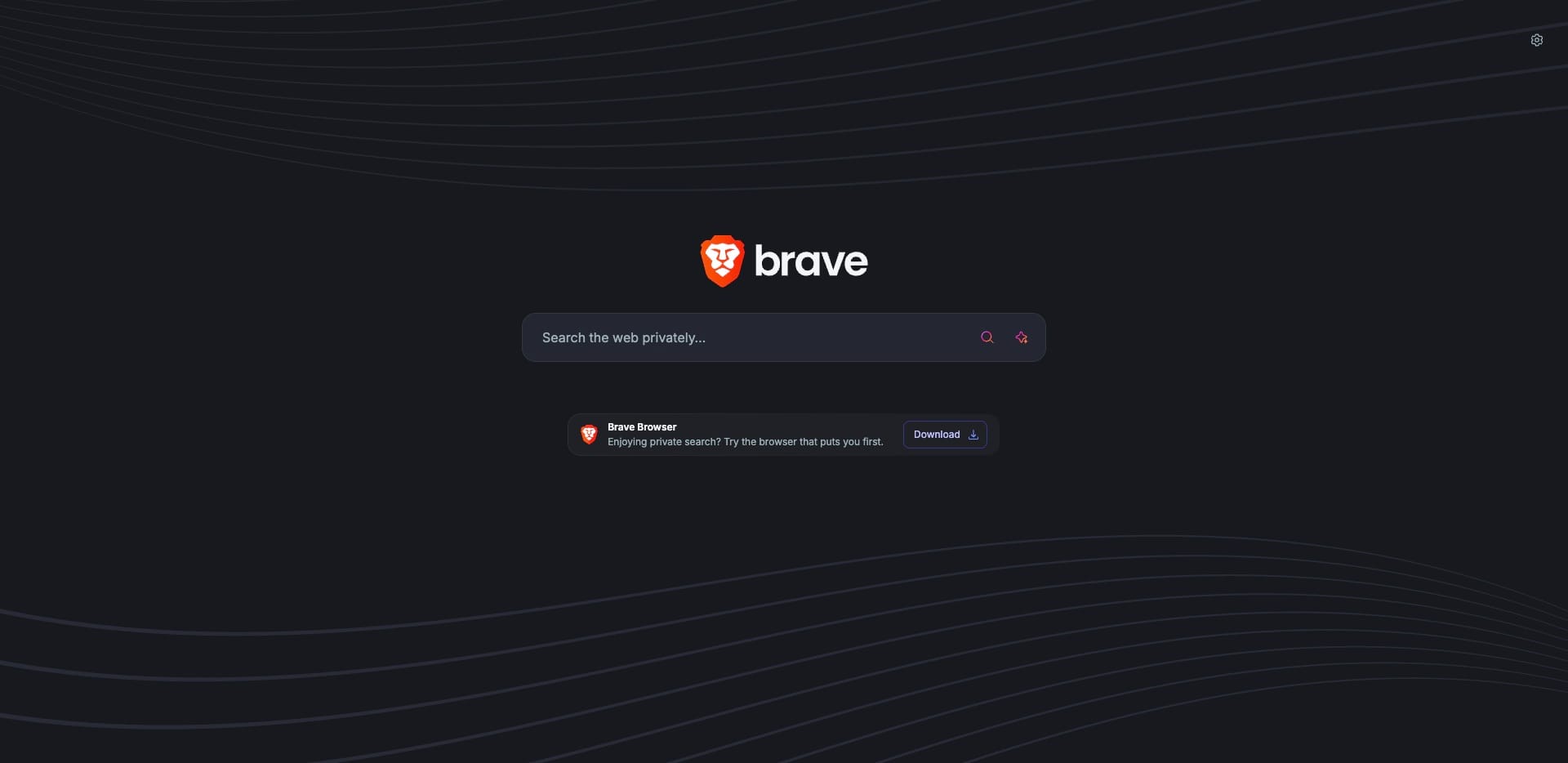Mistral AI is currently working on a number of new features, including web search through Brave and possibly image generation. These features have all been discovered through reverse engineering, are not publicly available yet, and are likely part of ongoing internal testing. Although toggles for these features are visible in the UI, they aren’t functional even for testers, as it’s likely the functionality hasn’t been enabled on the publicly available model of Mistral AI.
One of the new features is called Web Search with AFP. AFP is a well-known fact-checking platform that provides an API to various services. It appears Mistral will use AFP to verify the output of a search query or perhaps even its own output. This would allow it to provide better data, especially when users are expecting to fact-check a particular topic.
Another feature, Web Search with Brave, adds more detail to the web search functionality previously discovered through reverse engineering. Brave’s search index is distinct from Google’s and Microsoft’s Bing, making it one of the only serious competitors in this space. Mistral’s decision to use Brave instead of Google or Bing is a potentially smart move, particularly for appealing to the open-source community and privacy-conscious users, as Brave brands itself as a privacy-focused company. Interestingly, the legacy web search option is likely to remain available. Its description suggests it will curate a search on the web without specifying which provider will be used, but it remains unclear how this will be implemented or what its final form will be when released.

Another feature toggle, called Black Forest, seems to hint at future image generation capabilities for Mistral. Black Forest Labs, the AI research group behind the Flux image generation model, is also used by Grok on xAI. This could signal a significant development for Mistral if it introduces image generation, marking a big step forward in its feature set.
We are excited to announce the launch of Black Forest Labs. Our mission is to develop and advance state-of-the-art generative deep learning models for media and to push the boundaries of creativity, efficiency and diversity. pic.twitter.com/ilcWvJgmsX
— Black Forest Labs (@bfl_ml) August 1, 2024
Additionally, an integration with Slack appears to be in the works, potentially aimed at enterprise users. This integration would allow Mistral to query data from Slack conversations. A similar feature was developed by Anthropic for Cloud, although it was later rolled back. It’s unclear if Mistral will move forward with Slack integration, but if it does, it would provide a competitive edge, especially in the enterprise sector. As an EU-based company, Mistral could leverage its ability to comply with EU regulations, making it more attractive to large companies in the region.
All these features are promising, though the timeline for their release is still uncertain. We look forward to seeing how these tools will enhance Mistral’s capabilities in the near future.






